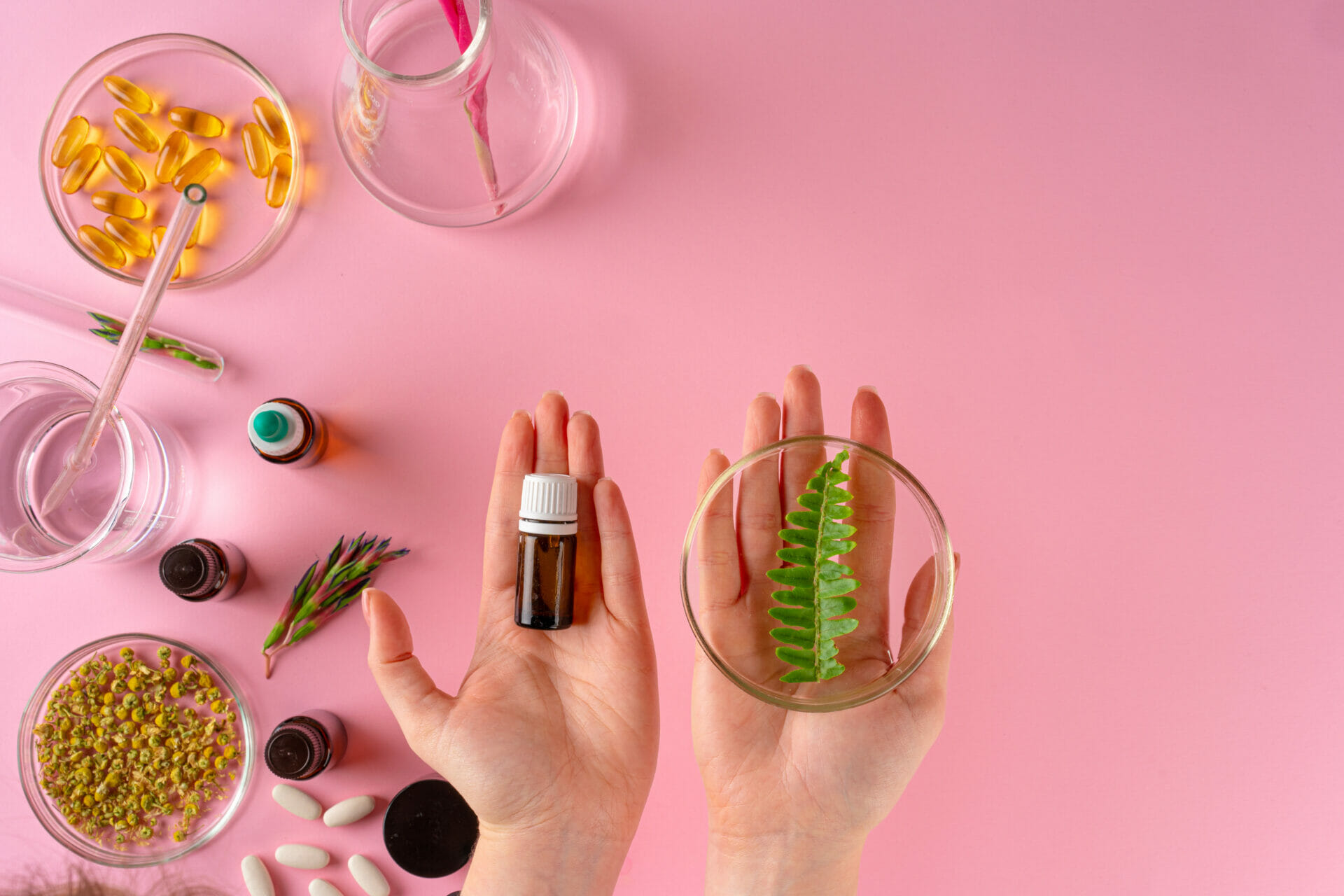This article offers essential guidance for newcomers entering the dietary supplements industry and contemplating the development of their product line. The production of nutritional supplements adheres to a rigorous process that emerging brand owners must heed when choosing a contract manufacturer. Any deviations from this process can impact your customers, brand reputation, and product quality.
So, what is the precise procedure for manufacturing dietary supplements, and what is the typical timeline involved?
Here are some of the critical steps to consider:
Step 1: Formulation of dietary supplements
A paramount aspect of the process of creating dietary supplements is the formulation process. The formula you select hinges on the supplement’s effectiveness and success. As a brand owner, it is your responsibility to meticulously curate a supplement formula that incorporates appropriate raw materials in precise dosages, ensuring the creation of an evidence-based and efficacious product.
With more than four decades of experience in the field, it is safe to say that crafting a high-quality formula, coupled with a well-thought-out marketing and distribution strategy, is the foundation upon which you can build a successful product. The formulation phase is the essence of your dietary supplement, where you establish the foundation for product quality, safety, and efficacy.
So, investing time and expertise in this initial step is pivotal for the long-term success of your supplement brand.

Step 2: Selecting the Optimal Raw Materials
The choice of raw materials is paramount in creating dietary supplements. Your meticulously formulated supplement relies on evidence-based ingredients that play a central role in its overall effectiveness. These ingredients can be procured from various sources across the globe, and their selection must be based on stringent criteria, emphasizing quality and the use of innovative forms that offer superior potency and enhanced bioavailability.
When sourcing raw materials, it’s imperative to consider their origin, quality, and purity. This ensures that your dietary supplement meets the highest standards and delivers the intended health benefits to your customers. By paying close attention to the quality and bioavailability of your chosen ingredients, you’re ensuring the effectiveness of your product and building trust and satisfaction among your clientele.
Step 3: Formulating the Pricing Strategy for dietary supplements
When you provide your supplement manufacturer with your meticulously developed product concept, they formulate their version of your product. In this crucial step, they analyze the costs associated with the vital raw materials that your formulation requires. This process is pivotal in providing you with a preliminary estimate of the overall cost structure for your supplement.
Establishing the pricing for your formulation is an intricate and essential aspect of the dietary supplement production process. It not only influences the eventual retail price of your product but also plays a critical role in determining its profitability and competitiveness in the market.
Therefore, aligning this pricing strategy with your business goals and the market landscape is paramount for your supplement line’s successful launch and performance. This phase sets the stage for informed decision-making as you proceed with your dietary supplement venture.
Step 4: Submission of the Purchase Order
Submitting a purchase order is a pivotal milestone in the manufacturing process. As the brand owner, this is where you commit to the partnership with the contract manufacturer, formally initiating the production of your dietary supplement.

Step 5: Raw Material Procurement
Procuring raw materials is one of the most intricate and potentially time-consuming phases in the entire dietary supplement manufacturing process. The duration of this stage is intricately linked to several factors, including the composition of your supplement formula and the geographical locations from which the raw materials must be sourced.
Sourcing raw materials demands meticulous attention and scrutiny. You must ensure the availability of high-quality ingredients that adhere to your formula’s specifications. The choice of suppliers, transportation logistics, and the assessment of global factors can affect the efficiency of this step.
Moreover, it’s imperative to foster relationships with reliable suppliers to guarantee a consistent and uninterrupted supply chain, which is pivotal to meeting production timelines and maintaining the quality standards of your dietary supplement.
This step signifies the critical intersection between planning and execution, as the successful procurement of raw materials is fundamental to the entire manufacturing process, directly impacting your dietary supplement product’s quality, consistency, and reliability.
Step 6: Rigorous Testing of Raw Materials
In the sixth step, raw materials undergo comprehensive testing. This includes assessments for potency, compliance with microbiological standards, adherence to limits for heavy metals, and overall quality assurance. Ensuring the quality and safety of raw materials is fundamental to producing a reliable and effective dietary supplement.
Step 7: Benchwork
This phase involves carefully mixing the raw materials to produce a small batch of sample supplements. The objective is to evaluate whether the formulated product works as intended or if any adjustments are necessary.
Step 8: Pilot Batch
The first set of supplements is manufactured in the eighth step, creating a pilot batch using the actual production equipment. This step ensures that the production process functions effectively and that the quality standards are met.
Step 9: Production Run and Comprehensive Testing
This is the critical stage where the supplements are produced, and a series of tests are conducted to ensure consistency and quality. The uniform mixing of raw materials is essential at this stage to achieve optimal results. Assessments, such as content uniformity, solution tests, and stability tests, are carried out to guarantee the product’s reliability.
Step 10: Final Quality Assessment
Once the final batch of products is produced, a final round of testing is conducted to verify the product’s quality. The contract manufacturer then generates a certificate confirming the product’s compliance with established quality standards. This certificate requires approval from the brand owner, marking the conclusion of the production process.
The products are ready to be shipped to customers, ensuring they meet the highest quality and safety standards.

